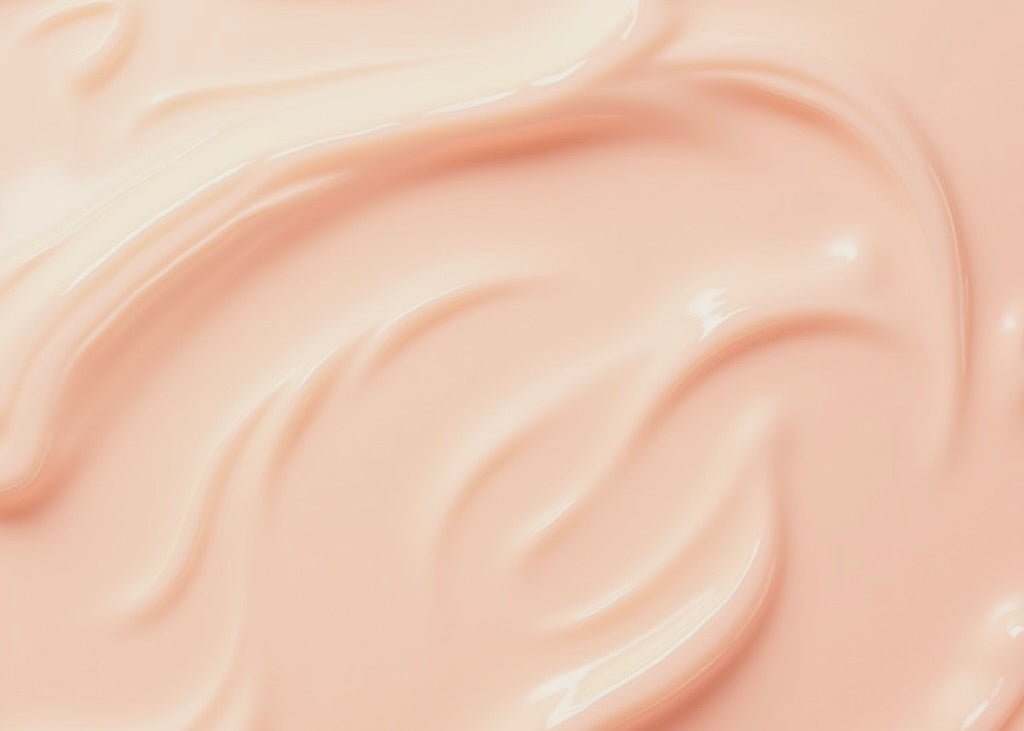
How to Shop for the Best Moisturizer to Use With Retinol
Retinol is a powerhouse ingredient that has gained significant acclaim for its ability to reduce signs of aging, improve skin texture, and diminish acne. However, it can also be drying and irritating for some, making the choice of moisturizer to pair with it crucial. This guide will help you navigate the vast skincare market to find the best moisturizer to use with retinol, with a focus on natural and sustainable ingredients.
Understanding the Role of Retinol in Skincare
Retinol, a derivative of vitamin A, is a popular ingredient in skincare products due to its proven effectiveness in promoting skin cell turnover. This process helps to reduce the appearance of fine lines, wrinkles, and hyperpigmentation, leading to a more youthful and radiant complexion.
However, the increased cell turnover can also lead to dryness and irritation, especially for those with sensitive skin or those new to using retinol. This makes the choice of moisturizer an important consideration when incorporating retinol into your skincare routine.
Moreover, not all moisturizers are created equal. Some may contain ingredients that can interfere with the effectiveness of retinol or exacerbate its potential side effects. Therefore, understanding what to look for in a moisturizer is key to maximizing the benefits of retinol.
Choosing the Right Moisturizer to Pair with Retinol
Ingredients to Look For
When shopping for a moisturizer to use with retinol, it's important to look for ingredients that can soothe and hydrate the skin without disrupting the function of retinol. Here are some key ingredients to look for:
- Hyaluronic Acid: This is a powerful humectant that can attract and hold onto water, helping to hydrate the skin and reduce the dryness associated with retinol use.
- Ceramides: These are lipids that help to strengthen the skin's barrier and prevent moisture loss, which can be beneficial for those using retinol.
- Niacinamide: This form of vitamin B3 can help to calm inflammation and redness, making it a good addition to a moisturizer for those using retinol.
Additionally, opting for moisturizers that contain natural and sustainable ingredients can be beneficial not only for your skin but also for the environment. Many natural ingredients, such as aloe vera, shea butter, and jojoba oil, have soothing and hydrating properties that can help to counteract the potential side effects of retinol.
Ingredients to Avoid
Just as there are ingredients to look for in a moisturizer, there are also those to avoid when using retinol. These include:
- Alcohol: This can be drying and irritating, which can exacerbate the side effects of retinol.
- Fragrance: Artificial fragrances can be irritating, especially for those with sensitive skin.
- Other Active Ingredients: Ingredients like alpha hydroxy acids (AHAs) and beta hydroxy acids (BHAs) can increase skin sensitivity when used with retinol.
By avoiding these ingredients, you can help to minimize potential irritation and maximize the effectiveness of your retinol product.
How to Incorporate Retinol and Moisturizer into Your Skincare Routine
Now that you know what to look for in a moisturizer to use with retinol, let's discuss how to incorporate these two products into your skincare routine. Here is a step-by-step guide:
- Cleanse: Start by cleansing your face with a gentle cleanser to remove makeup, dirt, and oils.
- Apply Retinol: After your skin is clean, apply your retinol product. It's best to start with a small amount and gradually increase as your skin adjusts.
- Wait: Wait for about 20-30 minutes to allow the retinol to fully absorb into your skin.
- Moisturize: Apply your chosen moisturizer to help hydrate your skin and reduce potential dryness and irritation from the retinol.
Remember, consistency is key when it comes to skincare. It may take several weeks to see noticeable results from retinol, so be patient and consistent with your routine.
Conclusion
Retinol can be a game-changer in your skincare routine, but it's important to pair it with the right moisturizer to maximize its benefits and minimize potential side effects. By choosing a moisturizer with soothing and hydrating ingredients, avoiding potential irritants, and incorporating these products correctly into your routine, you can enjoy the benefits of retinol while keeping your skin healthy and hydrated.
Remember, everyone's skin is unique, so what works for one person may not work for another. It's always a good idea to patch test new products and consult with a dermatologist if you have any concerns. Happy shopping!













